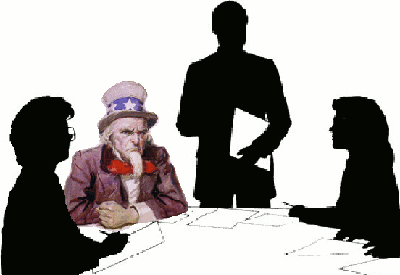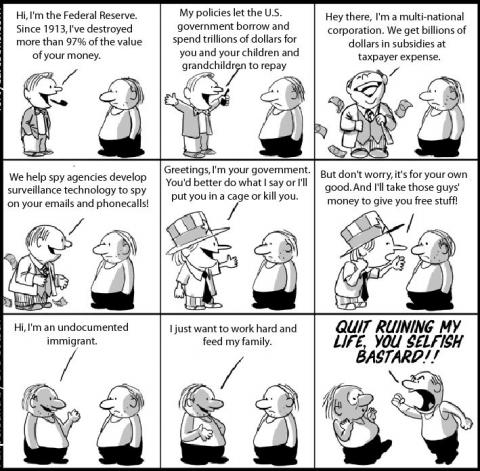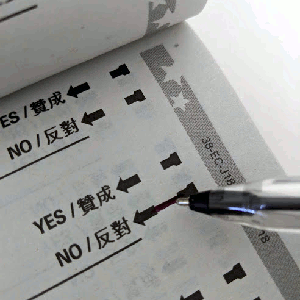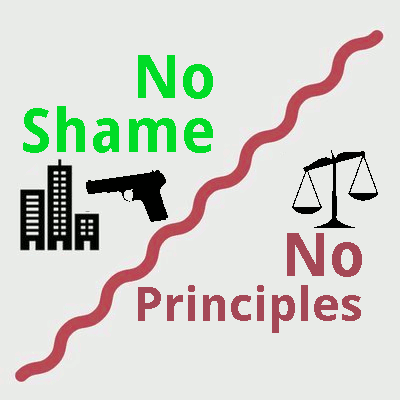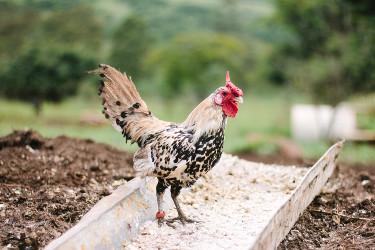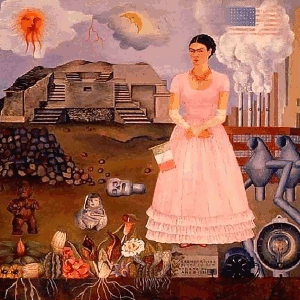A Libertarian at City Hall?

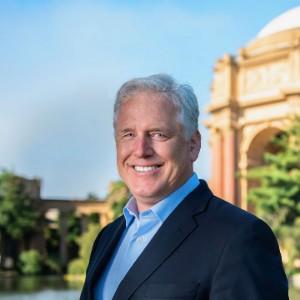
Could a man raised in the densest Democratic county in America and now living in the bluest city in the country end up becoming Libertarians’ best chance to get a real freedom-loving politician into San Francisco City Hall? Unlikely as it seems, yes, it’s actually possible this November. The lone Republican candidate for District 2 Supervisor, John Dennis is waging an enthusiastic campaign this fall to get a seat at the table. District 2, which covers primarily the Marina District, Pacific Heights, and Cow Hollow, is undeniably the wealthiest district in The City and probably the most conservative.

